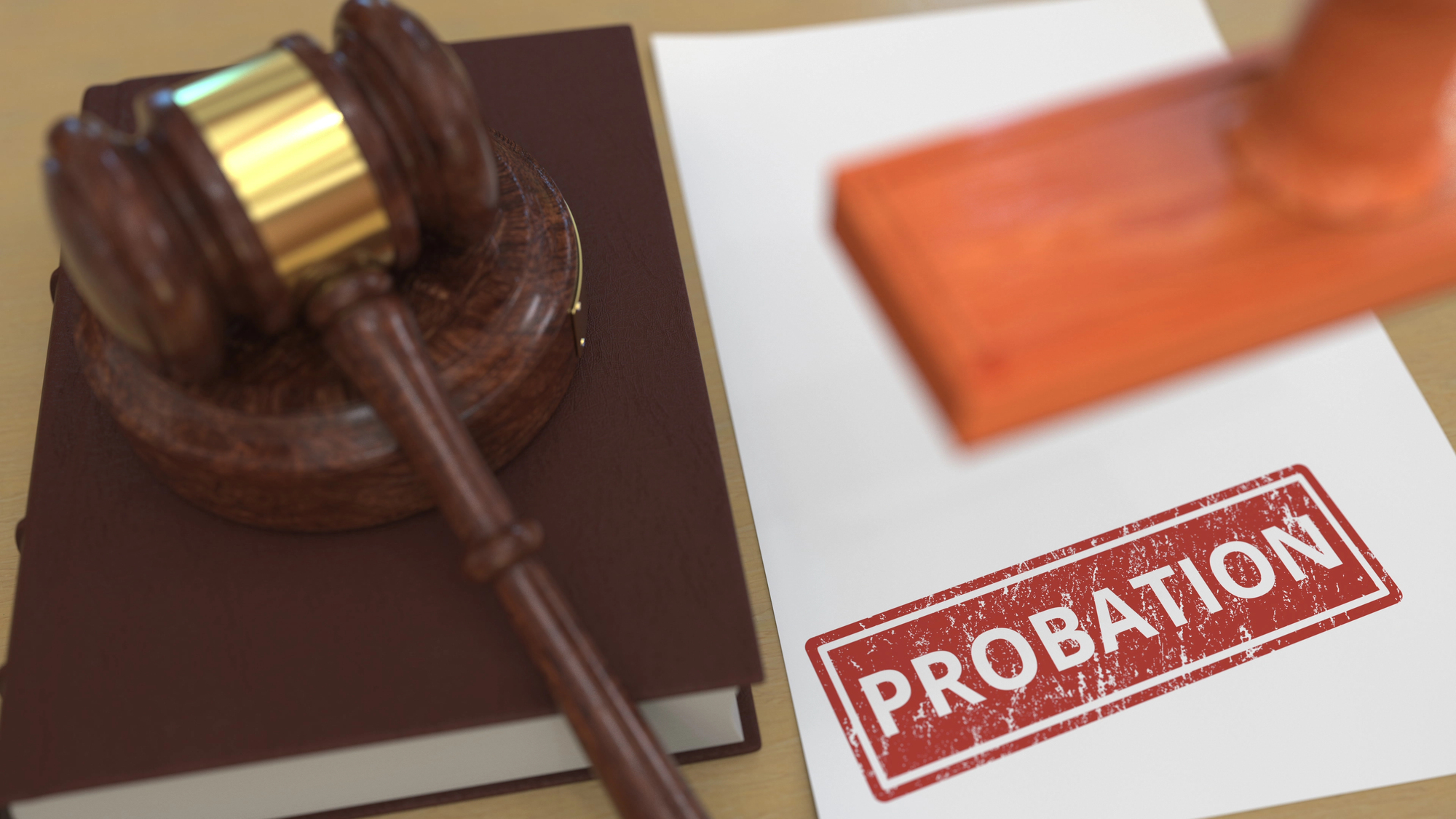What Does Probation Revocation Mean?
Probation revocation is a legal term that refers to the cancellation of a probation sentence. In Texas, probation is often granted as an alternative to jail time, allowing individuals convicted of a crime to serve their sentence within the community under certain conditions. However, if you violate the terms of your probation, the court may decide to revoke it. Probation revocation can result in severe consequences, including serving the remainder of your sentence in jail. Understanding the grounds for probation revocation is crucial if you’re on probation in Texas.
What Are the Grounds for Probation Revocation in Texas?
In Texas, the grounds for probation revocation are primarily based on violations of the terms set by the court. These terms can vary depending on the nature of the crime and the individual’s history, but common conditions include:
1. Regularly reporting to a probation officer
2. Not committing any new crimes
3. Avoiding certain people or places
4. Not leaving the state without permission
5. Submitting to random drug tests
If you fail to meet any of these conditions, you could be at risk of having your probation revoked. For instance, if you’re required to report to your probation officer every week and you miss a meeting without a valid reason, this could be grounds for revocation.
What Are Some Examples of Probation Violations?
To further understand the grounds for probation revocation, let’s look at some examples.
Imagine you’re on probation for a drug-related offense. As part of your probation terms, you’re required to attend weekly drug counseling sessions and submit to random drug tests. If you miss a counseling session or fail a drug test, these could be considered violations of your probation terms.
Alternatively, let’s say you’re on probation for a domestic violence offense. Your probation terms might include a no-contact order with the victim. If you’re found to have contacted the victim, even indirectly, this could be grounds for probation revocation.
Even seemingly minor violations can lead to probation revocation. For example, if you’re required to pay restitution to a victim and you miss a payment, this could be considered a violation.
What Happens If My Probation Is Revoked?
If your probation officer believes you have violated the terms of your probation, they can file a Motion to Revoke Probation (MTR) with the court. This motion outlines the alleged violations and requests that your probation be revoked.
Once the MTR is filed, a hearing will be scheduled. At this hearing, the prosecution must prove that you violated the terms of your probation. If the court finds that you violated your probation, it can choose to continue your probation with modified conditions, extend your probation period, or revoke your probation and send you to jail.
Can I Appeal a Probation Revocation?
Yes, you can appeal a probation revocation in Texas. However, the appeals process can be complex and time-consuming. An experienced lawyer can help you file a notice of appeal, which must be done within 30 days of the revocation order. They can also help you prepare your appeal, which involves presenting arguments and evidence to show that the trial court made an error in revoking your probation.
Winning an appeal can be challenging. The appellate court typically defers to the trial court’s judgment unless there’s clear evidence of an error.
How Can an Experienced Lawyer Help If My Probation Is Being Revoked?
If you’re facing a probation revocation hearing, it’s crucial to have an experienced lawyer on your side. A lawyer can help in several ways:
1. Challenging the Evidence: Your lawyer can scrutinize the evidence against you and challenge its validity. For example, if you’re accused of failing a drug test, your lawyer might question the testing procedures or the handling of the samples.
2. Negotiating with the Prosecution: Your lawyer can negotiate with the prosecution to reach a plea deal. This could result in a continuation of your probation rather than revocation.
3. Representing You at the Hearing: Your lawyer can present evidence and arguments on your behalf at the hearing. They can also cross-examine the prosecution’s witnesses to challenge their credibility.
4. Advising You on Your Rights: Your lawyer can explain your rights based on your specific circumstances.
Facing a probation revocation can be a daunting experience. With the help of a talented lawyer, you can successfully navigate this process and fight for the best possible outcome.
What Should I Do If I Suspect My Probation Might Be Revoked?
If you suspect that your probation might be revoked, it’s crucial to act quickly. The first step is to contact an experienced lawyer.
Next, it’s important to comply with all the terms of your probation. Even if you believe you’ve already violated your probation, continuing to comply with the terms can demonstrate to the court that you’re committed to making amends.
Finally, avoid any new criminal activity. New charges could not only lead to additional penalties but also make it more difficult to argue against probation revocation.
Can I Modify the Terms of My Probation?
In some cases, you may be able to modify the terms of your probation. For example, if you’re required to stay within the state as part of your probation, but you’ve been offered a job out of state, you might be able to modify your probation terms to allow you to take the job. Modifying probation terms can be a complex process, and there’s no guarantee that the court will grant your request.
What If I’m Accused of a Violation I Didn’t Commit?
If you’re accused of a probation violation that you didn’t commit, it’s crucial to defend yourself. Remember, the burden of proof is on the prosecution to show that you violated your probation.
Any evidence you can provide to refute the accusation can be crucial in defending against probation revocation.
If you’re facing a probation revocation in Texas, call Seymour & Vaughn today at 830-282-8751 for a free case evaluation!








